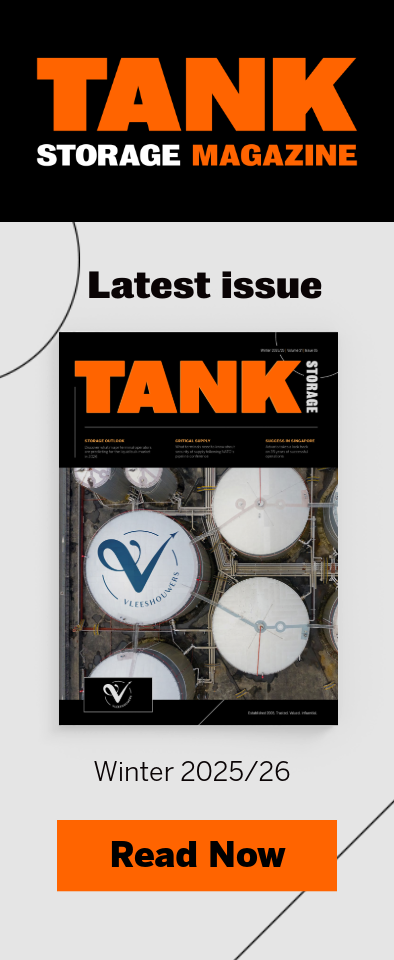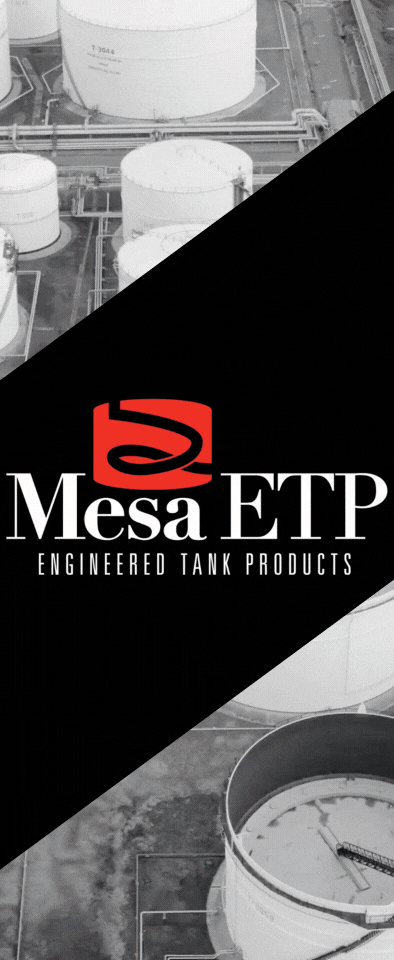The EU’s 27 member states have officially adopted the Renewable Energy Directive. The EU’s share of renewable energy in its overall consumption has been raised to 42.5% by 2030, with an additional 2 .5% indicative top up to allow the target of 45% to be achieved. Each member state will contribute to this target.
.5% indicative top up to allow the target of 45% to be achieved. Each member state will contribute to this target.
In turn, the demand for hydrogen will rise due to the mandatory usage targets for renewable H2 that are included in the directive.
By 2030:
- 4% of all the hydrogen used in industry must be green
- 1% of all fuel in transport must be Renewable Fuels of Non-Biological Origin (RFNBO)
- 5% of the EU’s overall energy consumption must be renewable
With an estimate of 9.7 million tonnes of grey hydrogen currently consumed in the EU each year, the new directive has created a demand for about 4 million tonnes of green H2 in industry alone by the end of the decade.
However, there are two get-out clauses that allow member states to reduce the contribution of renewable fuels of non-biological origin (RFNBOs) in industry by 20%:
- If their national contribution to the binding overall EU target meets their expected contribution
- If the share of hydrogen from fossil fuels consumed in the member state is not more 23% in 2030 and 20% in 2035
The new rules set further targets for the renewable energy sector and for those operating in industry, transport and heating/cooling.










